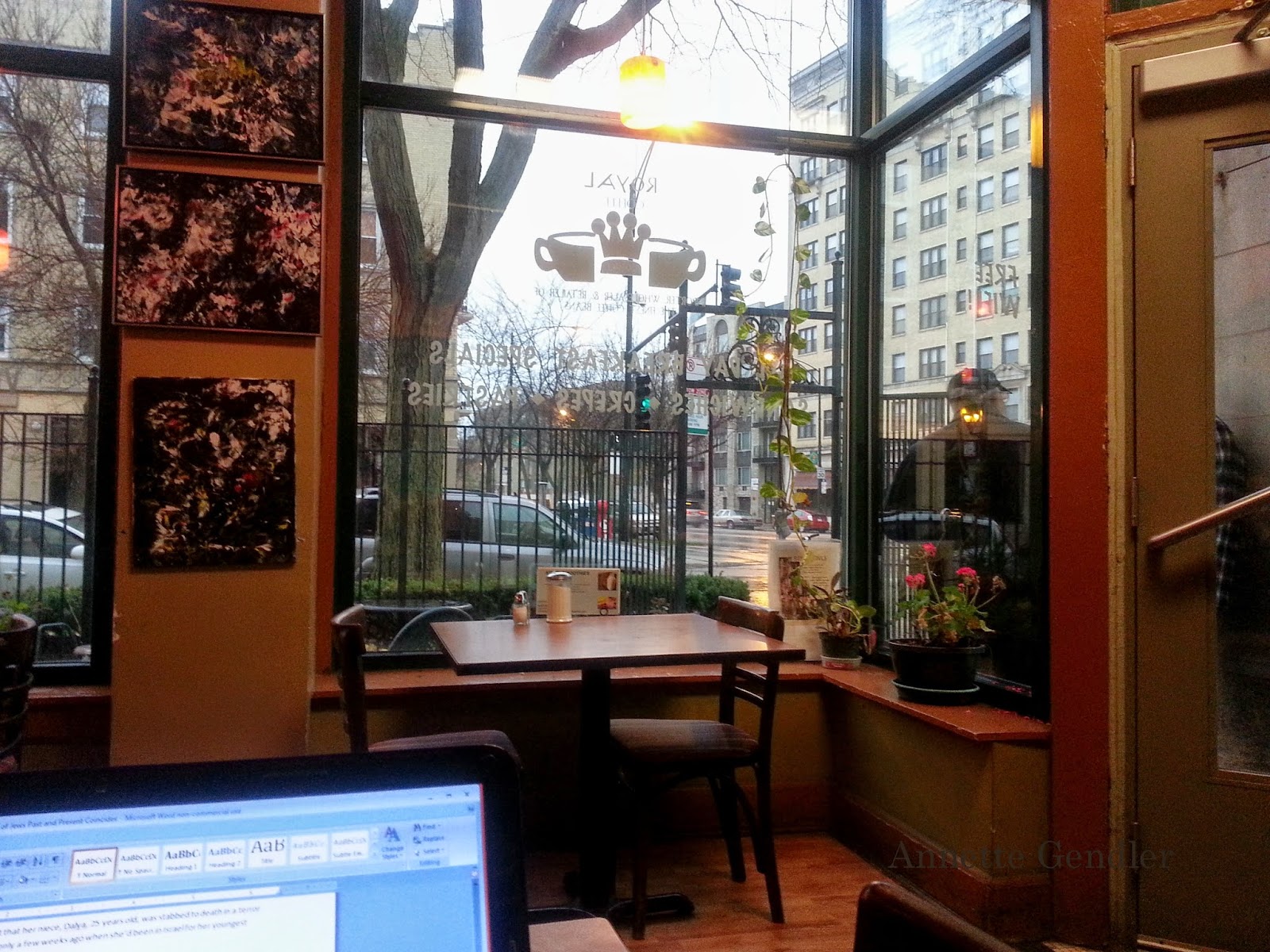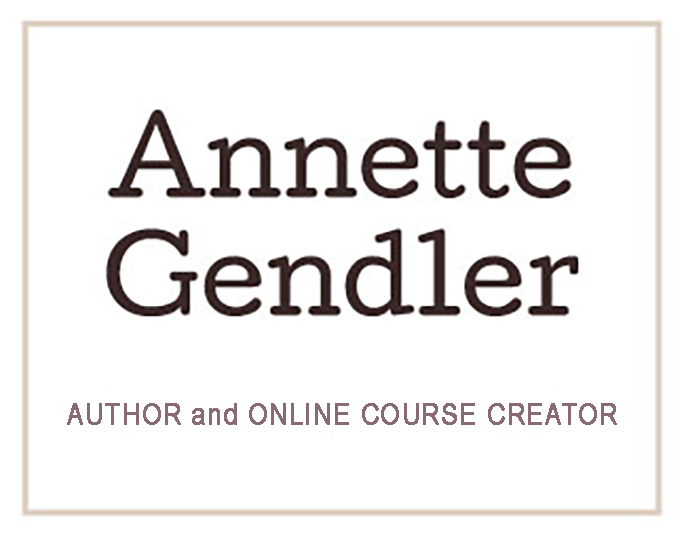
| A drab and wet November morning–perfect for revising at the Royal Coffee House. |
Monday evening two weeks ago I wrote a story. I wrote it sitting in my car.
I plugged my laptop into the car’s one outlet (my battery has surpassed its lifespan), while waiting for my son’s basketball practice to finish.
I wrote about the day’s horrific events. I simply had to. Waiting in the car was the only quiet time I was going to have that day.
Tuesday morning I revised it, sitting in my favorite café where I stop to avoid rush hour traffic after dropping my boys off at school.
Revising, I took out a lot. Then I emailed it to my friend who’s the main character in the story. This was a true story, and I wanted her to be comfortable with it before I even sent it out for possible publication.
Tuesday night, amidst her grief, she emailed back, “It’s lovely.”
Wednesday morning I pitched the essay to Tablet; on Thursday it was published:
Fatal West Bank Stabbing Hits Close to Home.
Comments on Facebook included “powerful” and “stunning.”
That essay is only “stunning” and “powerful” because it is not the whole story.
It doesn’t mention that my younger son was part of the library presentation of my children’s book manuscript at school that day. It doesn’t mention that he shared photos from our trip to the French village where his grandmother had been a hidden child during World War II.
It does not mention that my daughter is currently serving in the Israeli Defense Forces. It doesn’t mention that before doing the library program, I had gotten scared for the first time since she has been in the IDF when I read that a soldier had been stabbed at a Tel Aviv train station.
It does not mention that the principal of my older children’s high school was visiting the school where we were meeting for a recruiting event and that we all chatted about how my daughter was doing, and about Kristallnacht, and about my rather fitting manuscript.
I did write all that at first. My first draft contained the whole story and all its tangents.
But for the essay to work, I knew it had to focus on what had stunned me so much that day: That we could have run a library program about Jews in fear for their life, only to learn, minutes later, that the librarian’s niece at been brutally murdered, simply because she was a Jew.
Shaping this essay reminded me again that when we write stories from real life, we have to omit things. Just because something is part of an experience, doesn’t mean it needs to be part of the story.
I allowed myself to write the entire experience, and then I cut. Cutting hurt because of course I wanted to talk about all of it. But writing an essay isn’t talking. I mitigated the hurt by using my tried-and-true method of pasting what I cut into a “parking lot” document.
What you, dear readers, were left with was an essay that worked, even if it wasn’t the whole story and probably precisely because it wasn’t.

The essay that you wrote was most definitely 'powerful' and 'stunning,' as described by others. But Annette, so is this post on the wisdom of leaving some things out of an essay that you'd like to include. Concentrating on the most important subject and omitting the rest had to be key to making your essay so 'powerful' and 'stunning' so it's a fine lesson for all writers. Thank you for sharing your insight here.
Thanks, Nancy, it was hard and also easy to get that essay in shape, if that makes any sense. I'm glad you found this post insightful.
The reasons for removing those details makes sense, but bringing them up now adds on a new dimension to the story.
William, thanks. I figured that, which is why I want to write this post.
This post was a timely reminder about the "parking lot" method as I hunker down to do major edits this holiday weekend. Thanks for the great example of pruning real life to create the most impactful piece.
Jennifer, I hope the parking lot method works as well for you as it does for me!
So true. We often think that by including everything, we will make a piece stronger but we end up diluting the point in the unnecessary details. It's finding those telling details and keeping them, while slashing the other bits, which is the hard part about writing. That's why we revise and revise until the piece shines, not from a million points, but from the right ones. Congrats on both getting the essay published and also on writing about the process
Thanks, Harriet! BTW, time pressure helps in pruning, too!
Parking lot document. I LOVE this term. I've done that myself, but did not have a name for it. Thank you for that.
Sometime over the past week I either read or heard the thought that "you don't fully understand something until you reduce it to pure essence." Your article reduces your experience and insight to pure essence, and you score a double-header with your blog epilogue addressing the power of reduction. Bravo!
Thanks, Sharon. I'm happy to have given your parking lot method a name 🙂